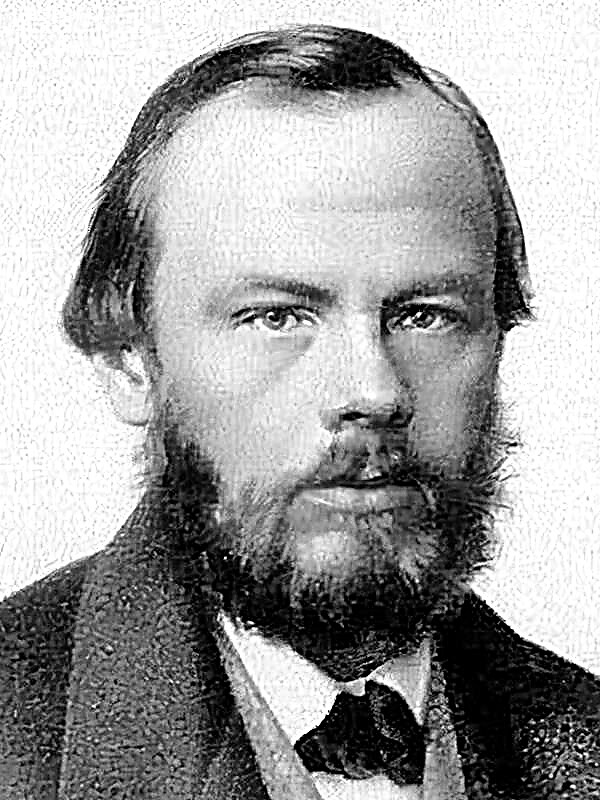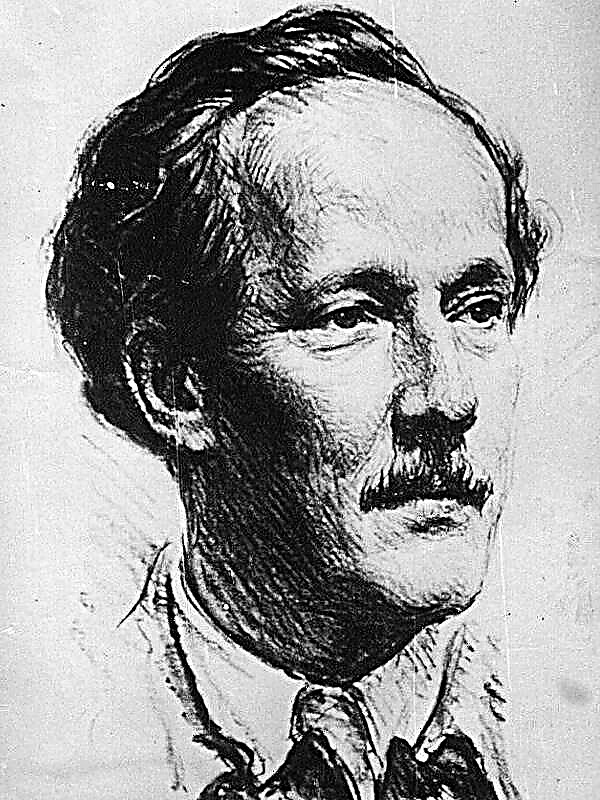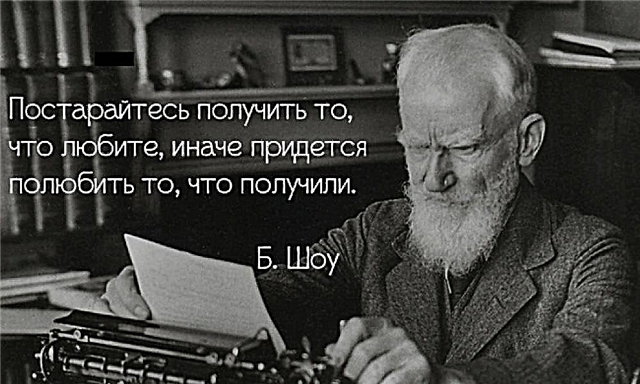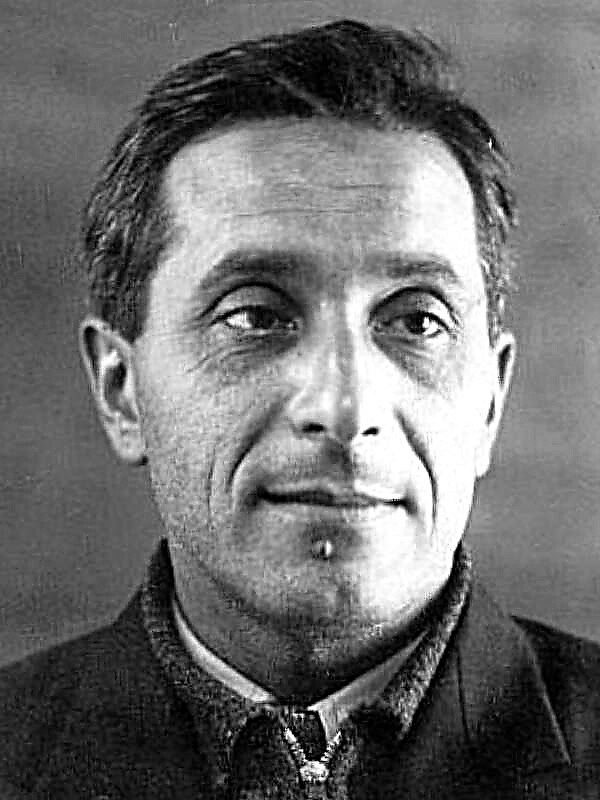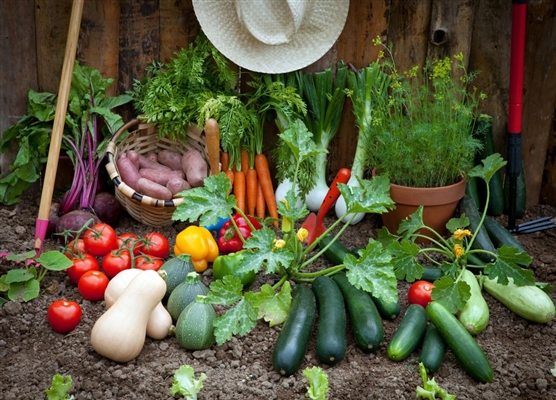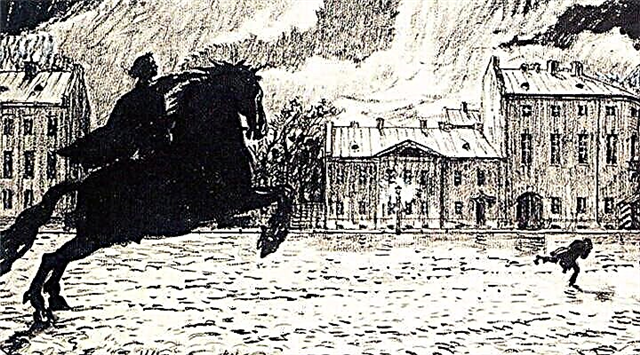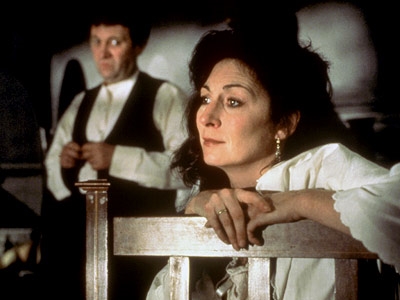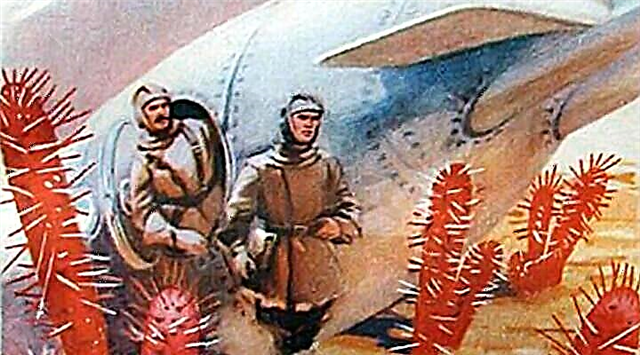“The Great [Battle] of Bharats” is an ancient Indian epic consisting of approximately one hundred thousand slavic couplets divided into 18 books and including many inserted episodes (myths, legends, parables, teachings
In the city of Hastinapur, the capital of the country of Bharat, the mighty sovereign Pandu reigned. At the curse of a certain sage, accidentally struck by his arrow, he could not conceive children, and therefore his first wife, Kunti, wielding a divine spell, called one after another the god of justice Dharma - and gave birth to him Yudhishthira, the god of the wind Vayu - and gave birth to him Bhim, or Bhimasena, the king of the gods Indra - and gave birth to Arjuna. Then she passed the spell to the second wife of Panda Madri, who, from the heavenly brothers Ashvin (Dioskurov), gave birth to twins Nakula and Sahadeva. All five sons were legally considered children of Pandu and were called Pandavas.
Soon after the birth of his sons, Pandu died, and his blind brother Dhritarashtra became king in Hastinapura. Dhrtarashtra and his wife Gandhari had one daughter and one hundred sons, who were called kauravas according to one of their ancestors, and among them the king especially distinguished and loved his firstborn, Duryodhana.
For a long time, the pandavas and kauravas are brought up together at the court of Dhrtarashtra and gain great fame with their knowledge in the sciences, arts, and especially military affairs. When they come of age, their mentor Drona organizes military contests with a large gathering of people, in which both the pandavas and kauravas discover incomparable skill in archery, fights with swords, clubs and spears, control of fighting elephants and chariots. Arjuna fights most successfully, and only one of the participants in the competition is inferior to him in agility and strength - an unknown warrior named Karna, who later turns out to be the son of Kunti from the sun god Surya, who was born by her even before her marriage to Pandu. The Pandavas, not knowing the origin of Karna, showered him with ridicule that he would never be able to forgive, and Duryodhana, on the contrary, made him his friend and gave him the kingdom of Angu. Soon after that, hostility gradually flares up between the Pandavas and the kauravas envying them, all the more so as the customary heir of Duryodhana, who is not claiming him, and the oldest of the Pandavas, Yudhisthira, should gradually become the heir to the Bharat kingdom.
Duryodhana manages to convince his father to temporarily send the pandavas to the city of Varanavat, located in the north of the kingdom. There is a resin house built for the brothers, which Duryodhana orders to set on fire so that they all burn down alive. However, the wise Yudhisthira unraveled the villainous plan, and the Pandavas, together with their mother Kunti, secretly get out of the trap, and a beggar with her five sons burns in the house by accident. Having discovered their remains and mistaking them for the Pandavas, the inhabitants of Varanavata with sorrow, and Duryodhana and his brothers, for their joy, established themselves in the belief that the sons of Pandu were killed.
Meanwhile, having gotten out of the resin house, the pandavas go into the forest and live there unrecognized under the guise of hermit brahmanas, for they fear the new machinations of Duryodhana. At this time, the pandavas perform many glorious deeds; in particular, the brave Bhima kills the cannibal Rakshasa Khidimba, who has encroached on the life of his brothers, as well as another monster, the Rakshasa Banu, who demanded daily loss of life from the inhabitants of the small town of Ekachakra. Once the pandavas find out that the king of the Panchalans Drupada appointed svayamvara - the choice of the groom as the bride - for his daughter, the beautiful Draupadi.The Pandavas go to the campanile capital Campilla, where they have already gathered to argue for Draupadi, many kings and princes. Drupada invited the suitors to send five arrows from the wonderful divine bow to the target, but none of them could even pull his bowstring. And only Arjuna passed the test with honor, after which, according to Kunti, Draupadi became the common wife of all five brothers. The Pandavas revealed their names to Drupada; and that their rivals were alive, the kauravas immediately recognized in Hastinapur. Dhrtarastra, despite the objections of Duryodhana and Karna, invited the pandavas to Hastinapura and gave them the western part of his kingdom, where they built a new capital for themselves - the city of Indraprastha.
For many years, Yudhisthira and his brothers lived happily, in contentment and honor, in Indralrastha. They undertook military campaigns in the north, south, west and east of India and conquered many kingdoms and lands. But along with the growth of their power and glory, the envy and hatred of the karauws grew for them. Duryodhana sends Yudhisthira a challenge to a dice game, which, by the rules of honor, was not entitled to evade. In opposition to him, Duryodhana chooses his uncle Shakuni, the most skilled player and no less skilled cheater. Yudhisthira very quickly loses to Shakuni all his wealth, lands, cattle, warriors, servants and even his own brothers. Then he puts himself at stake - and loses, puts the last thing he has left, the beautiful Draupadi - and loses again. The Kauravas begin to mock at the brothers, who became their slaves under the conditions of the game, and Draupadi is subjected to especially shameful humiliation. Here Bhima makes a vow of deathly revenge, and when the ominous words of the vow are echoed by a jackal howling in misfortune and other terrible omens are heard, the frightened Dhrtarastra frees Draupadi from slavery and offers to choose her three gifts. Draupadi asks for one thing - freedom for his husbands, but Dhrtarastra, together with freedom, returns to them both the kingdom and everything else that they lost.
However, as soon as the paldavs returned to Indraprastha, Duryodhana again calls Yudhishthira to an unfortunate game. Under the terms of the new game — and Yudhisthira lost it again — he must go into exile with his brothers for twelve years and after this period expires another unrecognized year in a country.
The Pandavas fulfilled all these conditions: for twelve years, overcoming poverty and many dangers, they lived in the forest, and spent the thirteenth year as simple servants at the court of the king of Matsyev Virata. At the end of this year, the Matsyev country was attacked by kauravas. The Matsyev army, led by Arjuna, repelled this raid, the kauravas recognized Arjuna by the feats of the military commander, but the expiration of the river expired, and the Pandavas could not hide their names further.
The Pandavas offered Dhrtarastra to return their possessions to them, and at first he was inclined to accept their demand. But the power-hungry and treacherous Duryodhana managed to convince his father, and now the war between the Pandavas and the Kauravas became inevitable.
To Kurukshetra, or the Kuru field, at which the great battle was destined to take place, countless hordes of warriors, thousands of chariots, fighting elephants and horses are drawn together. On the side of the kauravas, owing to the duty of the citizens of Dhrtarashtra, their cousin grandfather the wise Bhisma and the mentor of the princes Drona, friend and ally of Duryodhana Karna, the spouse of the daughter of Dhrtarashtra Jayadratha, the son of Drona Ashwatthaman, kings Shalya, Sharuni and Sharuni ogorvity, others could. The side of the Pandavas is taken by the kings of Drupada and Virata, the son of Drupada Dhrstadyumna, the son of Arjuna Abhimanyu, but the leader of the poison family Krishna plays an especially important role in the battle - the earthly incarnation of the god Vishnu, who by vow himself does not have the right to fight, but becomes the main adviser to the Pandavas.
Just before the start of the battle, Arjuna, circling the troops in a chariot charioted by Krishna, sees his teachers, relatives and friends in the camp and in horror before the fratricidal battle drops his weapon, exclaiming: “I will not fight!” Then Krishna gives him his instruction, which was called the Bhagavad Gita (“Song of the Divine”) and became the sacred text of Hinduism. Resorting to religious, philosophical, ethical and psychological reasons, he convinces Arjuna to fulfill his military duty, declaring that it is not the fruit of the affair - they seem evil or kind - but only the affair itself, of which it is not given to the mortal to judge, should be the only one caring person. Arjuna recognizes the correctness of the teacher and joins the army of the Pandavas.
The battle on the Kuru field lasts eighteen days. In numerous battles and fights, one after another, all the leaders of the kauravas perish: Bhishma, and Drona, and Karna, and Shalya, all the sons of Dhritarashtra, and on the last day of the battle at the hands of Bhima, the eldest among them is Duryodhana. The victory of the Pandavas seems unconditional, of the countless army of kauravas, only three survive: the son of Drona Ashwatthaman, Kripa and Kritavarman. But at night, these three warriors manage to get into the sleeping camp of the Pandavas and exterminate all their enemies with the exception of the five Pandava brothers and Krishna. So terrible was the price of victory.
On the field strewn with the corpses of warriors, the mother of the Gandhari karavs appear, other mothers, wives and sisters of the victims and mourn them bitterly. The Pandavas reconcile with Dhrtarashtra, after which the saddened Yudhisthira decides to spend the rest of his life a hermit in the forest. However, the brothers manage to convince him to fulfill his hereditary duty of the sovereign and to be crowned in Hastinapur. After some time, Yudhisthira performs the great royal sacrifice, his army under the leadership of Arjuna conquers the whole earth, and he reigns wisely and fairly, reaffirming peace and harmony everywhere.
Time passes. The elderly King Dhrtarastra, Gandhari and the mother of the Pandavas Kunti, who have chosen the fate of the hermits, die in a forest fire. Krishna, who was wounded in the heel, dies - the only vulnerable spot on Krishna's body is a certain hunter, mistaking him for a deer. Upon learning of these new woeful events, Yudhishthira finally fulfills a long-standing intention and, having appointed the grandson of Arjuna Pariksit as her successor on the throne, leaves the kingdom with her brothers and Draupadi and leaves as an ascetic in the Himalayas. One by one they cannot stand the hard way and Draupadi, Sahadeva, Nakula, Arjuna and Bhima die. At the sacred mountain Meru, the only surviving Yudhishthira is met by the king of the gods Indra and is escorted with honor to heaven. However, there Yudhisthira does not see his brothers and, having learned that they are tormented in the underworld, renounces heavenly bliss; he wants to share their fate, and asks to take him to the underworld. In the underworld, the last test of the Pandavas ends: the obscurity of the underworld dissipates - it turns out to be an illusion-maya, and Yudhishthira, like his wife, brothers and other noble and brave warriors, will now have to stay forever in heaven among the gods and demigods.

